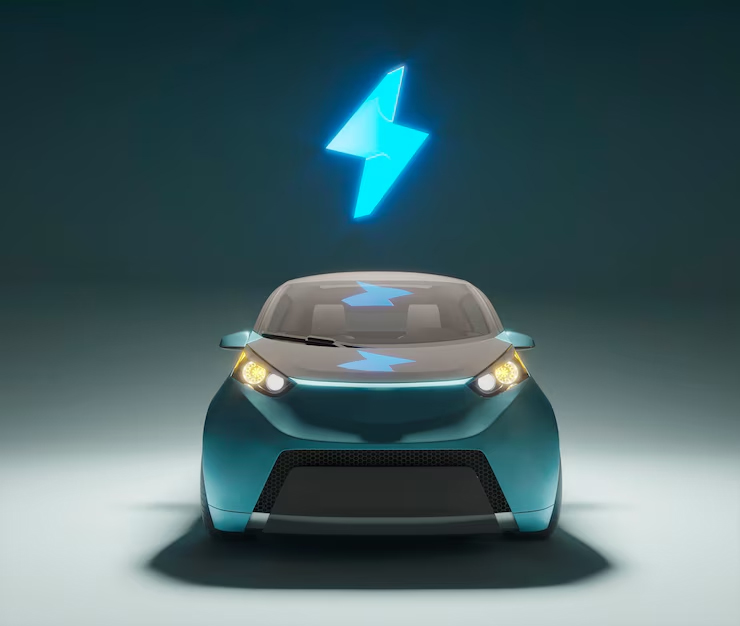
In recent years, the automotive landscape has witnessed a paradigm shift with the emergence of electric vehicles (EVs). These innovative and environmentally friendly vehicles have captured the imagination of consumers, policymakers, and industry leaders alike. Let’s delve into the world of electric vehicles and explore the influence of government policies, the promising future that lies ahead, and the potential for job creation within this burgeoning industry.
In the simplest terms, electric vehicles are automobiles propelled by electricity stored in batteries. Unlike their combustion engine counterparts, EVs produce zero tailpipe emissions, offering a cleaner and greener mode of transportation. The heart of an electric vehicle lies in its advanced battery technology, enabling sustainable and efficient transportation.
Governments worldwide are recognizing the pivotal role of EVs in mitigating climate change and reducing dependence on fossil fuels. Consequently, various countries have implemented robust policies and incentives to promote the adoption of electric vehicles. These include tax credits, rebates, and subsidies to make EVs more economically attractive to consumers. Additionally, governments are investing in charging infrastructure, creating a network that can support the growing fleet of electric vehicles. The goal is clear: accelerate the adoption of electric vehicles to create a cleaner, more sustainable future.
The road ahead for electric vehicles is paved with innovation and promises. Advancements in battery technology are extending the driving range of EVs, alleviating the ‘range anxiety’ that has been a concern for some potential adopters. Manufacturers are racing to develop more affordable models, making electric vehicles accessible to a broader audience. With ongoing research and development, the future may see EVs becoming the norm rather than the exception, fundamentally changing the automotive landscape. Moreover, the integration of renewable energy sources like solar and wind into the charging infrastructure could further enhance the sustainability of electric vehicles.
The rise of electric vehicles is not merely transforming transportation but also creating a ripple effect in the job market. The EV industry has opened up a plethora of opportunities across various sectors. Manufacturing of electric vehicles demands skilled labour for assembling batteries, developing advanced materials, and assembling the intricate components of EVs. Additionally, the need for professionals in research and development, software engineering for EV systems, and the establishment and maintenance of charging infrastructure contribute to a diverse range of job opportunities. Also as governments invest in charging infrastructure, jobs are emerging in the construction, maintenance, and operation of these charging stations.
Moreover, the transition to electric vehicles is fostering the growth of related industries, such as battery production, renewable energy, software development, and recycling. The transition to electric vehicles isn’t just a shift in transportation; it’s a catalyst for economic growth and employment opportunities across a spectrum of industries.
In a nutshell, electric vehicles represent more than just a technological shift in the automotive industry. They embody a sustainable solution to the environmental challenges posed by traditional transportation. The ongoing developments in technology and infrastructure, coupled with the industry’s potential to generate job opportunities, make electric vehicles a catalyst for positive change. As we steer towards an electrified future, the road ahead promises not only cleaner air but also economic growth and employment opportunities for a workforce ready to embrace the electric revolution. Buckle up; the electric revolution is well underway.



